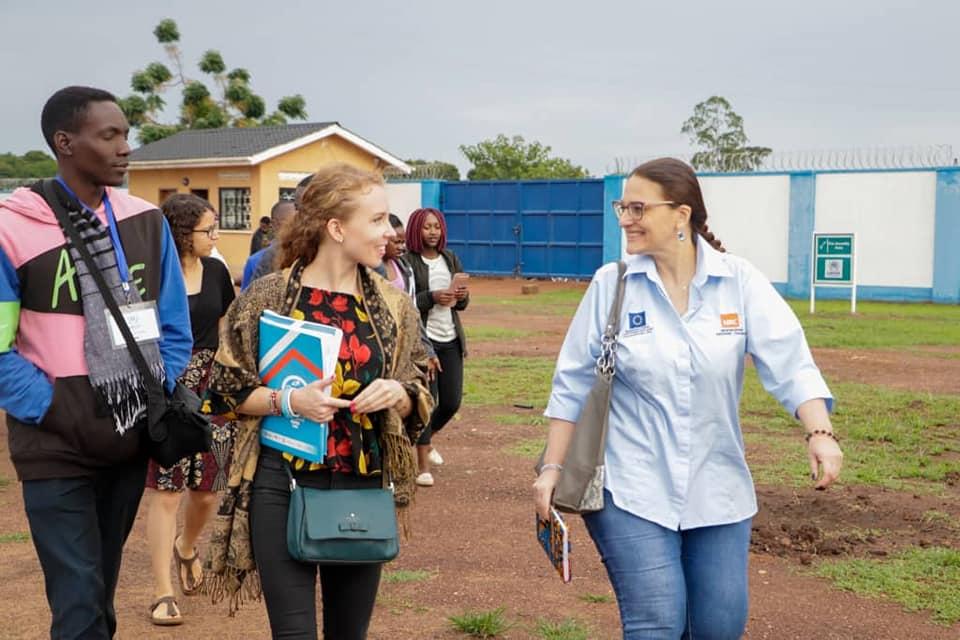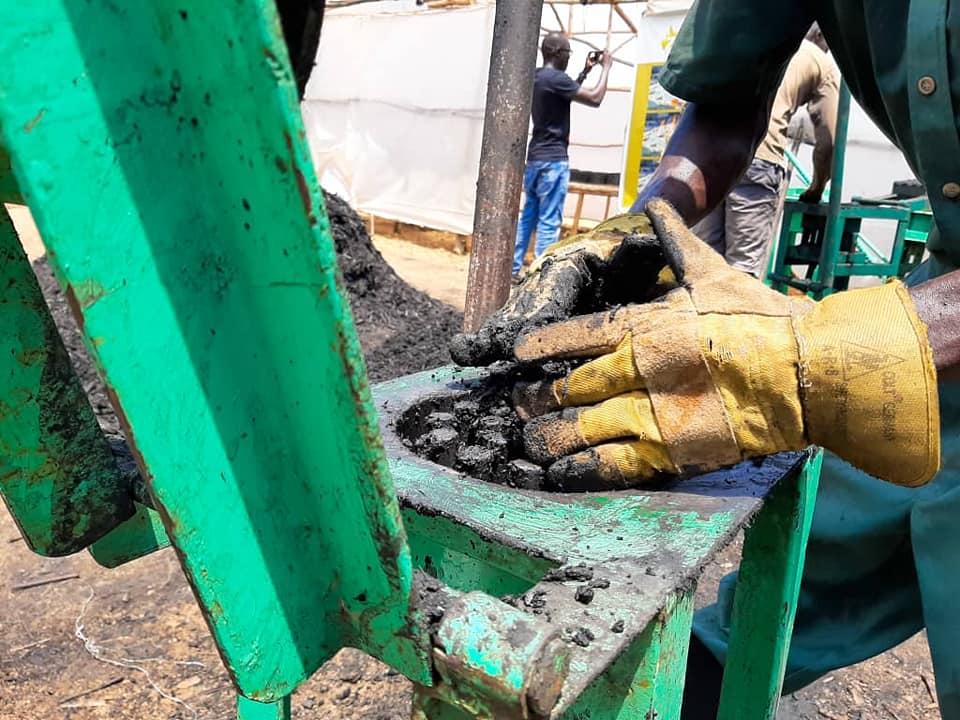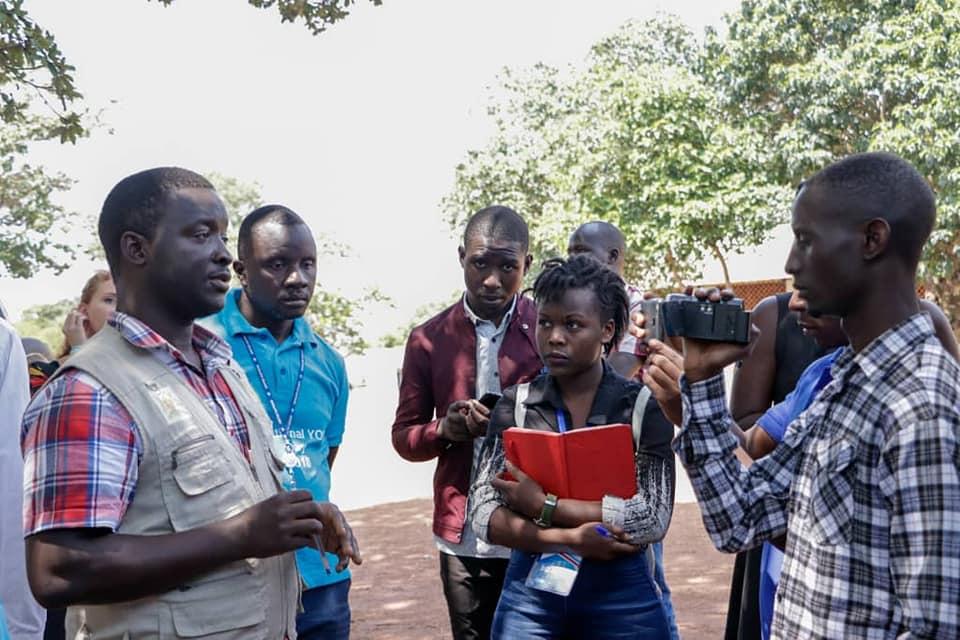Uganda currently hosts over 1.2 million refugees. Many media articles focus on Uganda’s hospitality while ignoring in-depth coverage of difficulties for host communities and the refugees themselves. Furthermore, representations of refugees are often stereotypical and reductionist. Sensational and simplistic media coverage lacks nuanced reporting on the solutions generated by refugees and host communities to improve their lives.
Media Challenge Inititative tackled that issue down by organising a 5-day field reporting trip from 17th-21st July 2019 to the BidiBidi refugee settlement in West Nile. This trip was meant to complete the MCI fellows` Fellowship programme and enabled them to apply the multimedia skills and critical knowledge gained to report real-life solutions-based stories about refugees.
The Bidi Bidi refugee settlement was opened in 2016 after the war in South Sudan broke out and people fled from several violent conflicts. The settlement is the second largest of the world of its kind after the Kutapalong refugee camp for displaced Rohingya in Bangladesh. It comprises an area of over 250km2 and 227.000 refugees. There are over 30 organisations collaborating in different action areas in order to improve the situation in the settlement.
Over four days the fellows met with various refugee organizations and individuals in the settlement, and found, pitched and covered multimedia solutions-based stories about refugees. The MCI staff thereby accompanied the fellows for individual and group mentorship.
After a briefing from the head of the UNHRC sub-office responsible for the Bidi Bidi settlement, where the fellows got to know some more hard fact about the settlement, its situation and challenges faced, the fellows headed off, to go deeper in the settlement. The fellows met several impressive organizations who implement a solutions-based approach to improve the refugees` lives. One of them was the social startup `ZEED` which produces long lasting brickets out of rubbish in form of biomass in order to prevent tree cutting and preserve the environment.
The fellows’ stories will be displayed on screens during the 2019 Fellowship graduation ceremony at the end of July 2019, where media house managers and recruiters will be invited to view the students’ work and network with them for possible recruitment opportunities.
Written by Sophie Brandt







